This Adorable Alabama Bookstore Only Sells Signed Copies
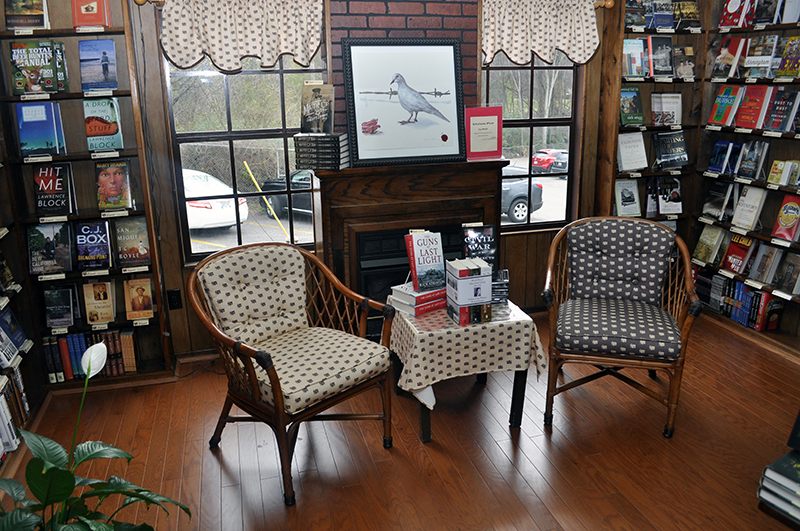 The sitting area at the front of the store. (Photo: Mike Persons/Courtesy Booksmith)
The sitting area at the front of the store. (Photo: Mike Persons/Courtesy Booksmith)
The Alabama Booksmith is admittedly hard to find. It keeps few titles on its shelves. There is no coffee shop on the premises, no magazine rack or children’s book plush toy tie-ins. Yet, this place boasts of booming business and rabid fans, thanks to one special feature: every copy of every one of its books has been signed by the author.
According to its owner, this bookstore in Birmingham is the only one in the world to make that claim.
George Saunders. Neil Gaiman. Kazuo Ishiguro. Their scrawls pepper the interior pages of Alabama Booksmith’s offerings, all hardcovers, mostly first editions of recent releases by recognizable writers. It’s Mr. Magorium’s Wonder Emporium for a special breed of lit nerd hoarder.

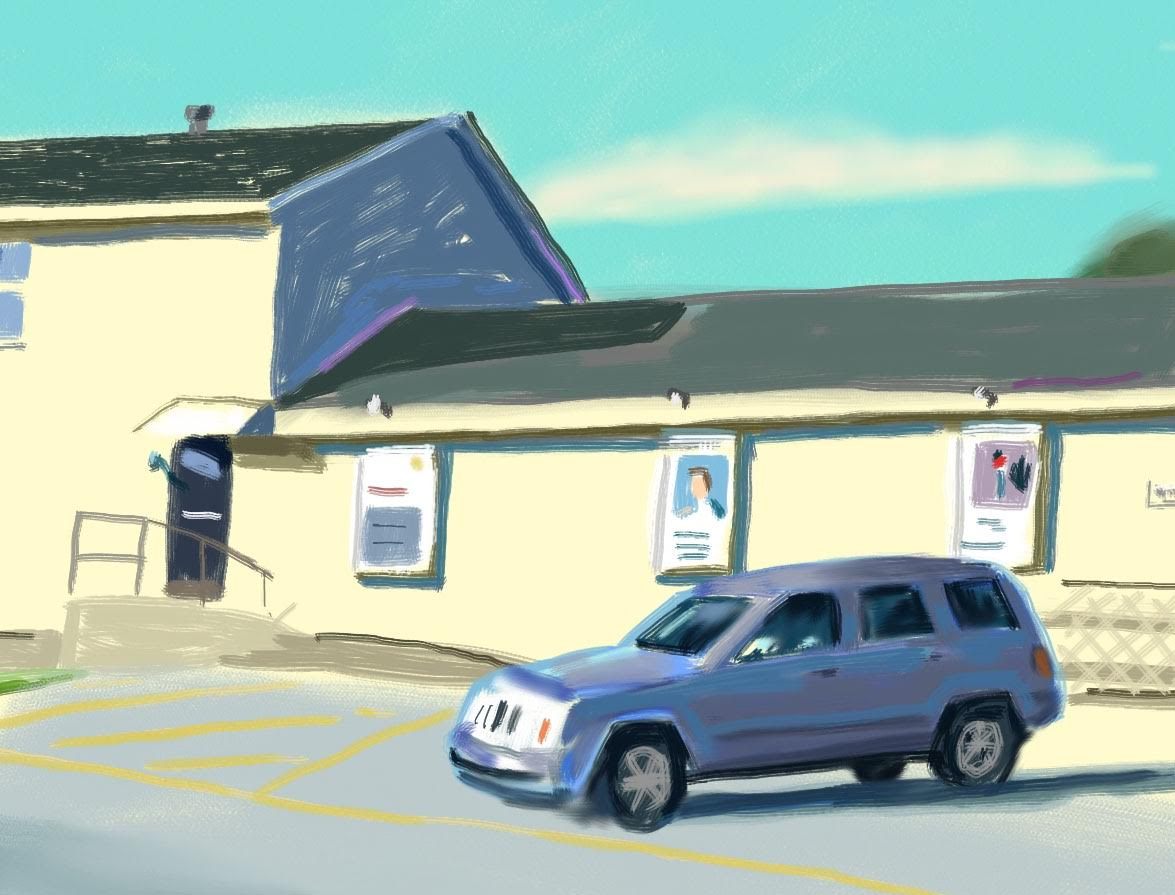
Illustration depicting the exterior of the Alabama Booksmith, from the upcoming book Footnotes From the World’s Greatest Bookstores. (Image: Bob Eckstein)
The building itself looks like either a very large trailer or a very small warehouse. It’s easy to spot but hard to find; it sits off a major road, but offers no direct access from it. Instead, you have to wind uncertainly past veterinary clinic, up to an (unrelated) doggie day care, turn left, and chug up one final hill before you land in its small parking lot.
“We’re a dead end street off a dead end street,” says owner Jacob Reiss. The remote location is intentional, or at least, at the time of its construction, necessary. “We lost our lease in 1999 and had a couple of months to find our location,” he says.
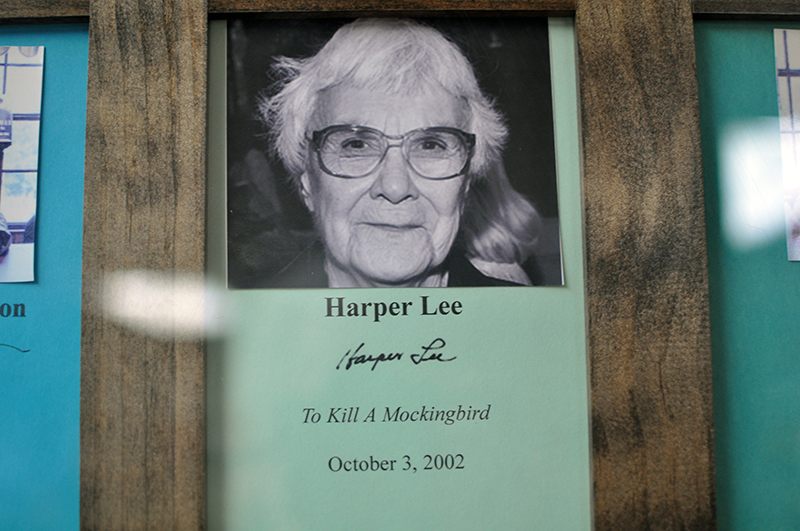 Signed by Harper Lee. (Photo: Mike Persons/Courtesy Booksmith)
Signed by Harper Lee. (Photo: Mike Persons/Courtesy Booksmith)
A friend in the real estate business referred Reiss to a parcel in his price range. It had been empty for over six months for a reason—or, rather, reasons— as both the roof and the floor were “falling in.” “Every friend, every family member advised against it. But I had to do something, or close down,” he says, We found this out of desperation, but we owned it.”
The location has been renovated a few times over since then; the roof and floor are sturdy, and a small warehouse area has been added to accommodate the shipping business. The size and signatures aren’t Alabama Booksmith’s only striking aspects. When you finally do arrive and enter, you notice two unusual things. First, all of the books are displayed “front out,” meaning you see all covers and no spines. This limits the amount of inventory Reiss can carry thanks to various laws of geometry and physics. That’s fine by Reiss, who prefers to sell more copies of fewer, carefully chosen books.
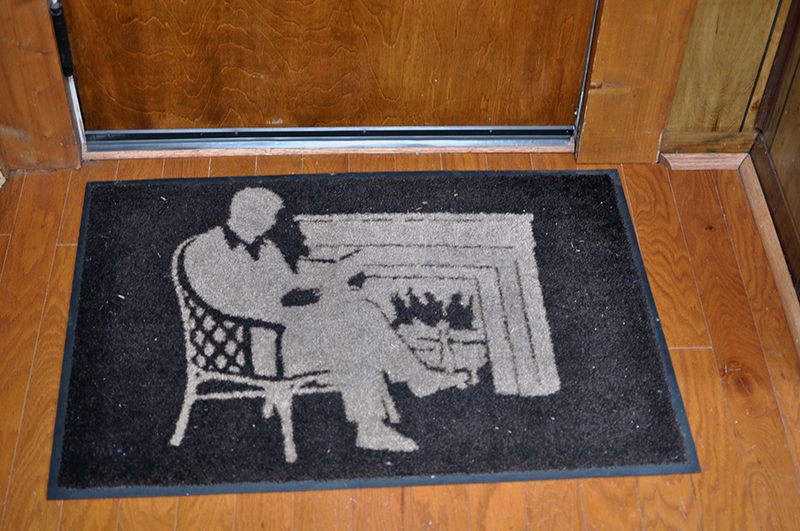 A custom-made floor mat at the entrance to Booksmith. (Photo: Mike Persons/Courtesy Booksmith)
A custom-made floor mat at the entrance to Booksmith. (Photo: Mike Persons/Courtesy Booksmith)
“If a book is not important to us, we don’t buy it,” says Reiss. “When we select a book, we’re as strong in depth with that title as any chain of stores.” There are also no interior shelves so book covers line the walls with plenty of space to roam, making Alabama Booksmith feel more like a boutique art gallery than a mini-Barnes & Noble.
The other thing you might notice is that all of these books, save for a single shelf of particularly valuable rarities, sell for exactly the cover price. This, despite several of the titles being worth quite a bit more than that already. A signed first edition of Dave Eggers’ A Hologram for the King, for instance, which Alabama Booksmith still has in stock, already goes for twice its list price on resellers like Abebooks.com. Reiss, obviously, is aware of this, and sees it less as leaving money on the table than as the key to earning repeat business.
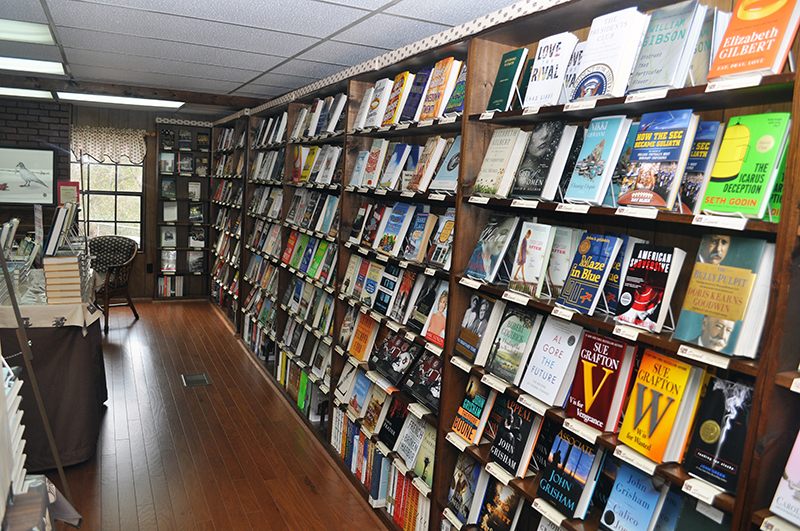 The “front out” display at Alabama Booksmith. (Photo: Mike Persons/Courtesy Booksmith)
The “front out” display at Alabama Booksmith. (Photo: Mike Persons/Courtesy Booksmith)
“We’re not averse to getting more money,” says Reiss, “We’d love to… But at what point does the additional dollar or two or five or ten deter you from buying your first book?”
It’s a philosophy that seems to have paid off. Reiss has been in the book business for 25 years, though this current signature-centric incarnation has been a relatively recent development. “We’ve reinvented ourselves many times in the quarter century we’ve been at it,” Reiss recalls. “When we originally opened we were all used and rare books… We had signed books from the time we opened, but it was no big deal. As we progressed in the business we found that our signed books were selling at a much higher rate than our unsigned books.”
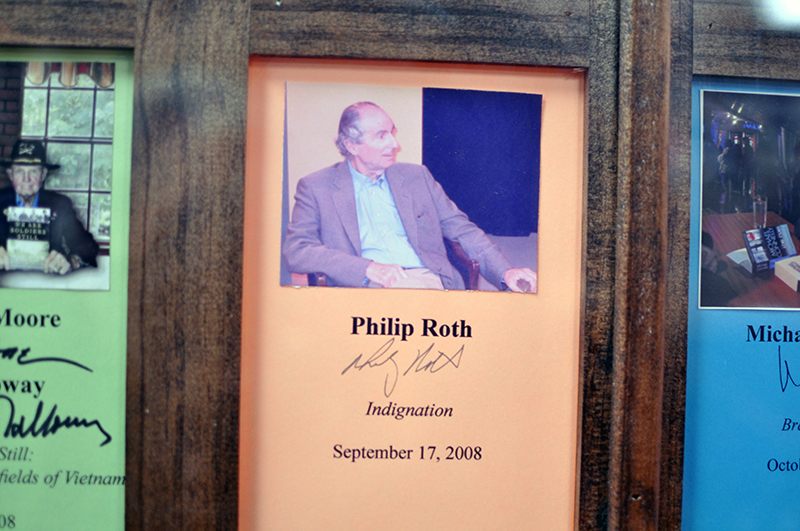 A signed Philip Roth title. (Photo: Mike Persons/Courtesy Booksmith)
A signed Philip Roth title. (Photo: Mike Persons/Courtesy Booksmith)
If you’ve heard of Alabama Booksmith before, it’s likely for a project that Reiss began about a decade ago, the Signed First Editions Club. Its membership numbers in the hundreds, authorial autograph hounds who receive a select signed, new-release title shipped to their doorstep each month. Some titles never gain in value, while others skyrocket; last year’s haul, for instance, included Anthony Doerr’s All the Light You Cannot See, a pristine signed first edition of which can already fetch over $400. Reiss estimates that the club accounts for as much as 85 percent of the store’s revenue. Which raises the question: at a certain point, given the overhead involved, why have a store at all?
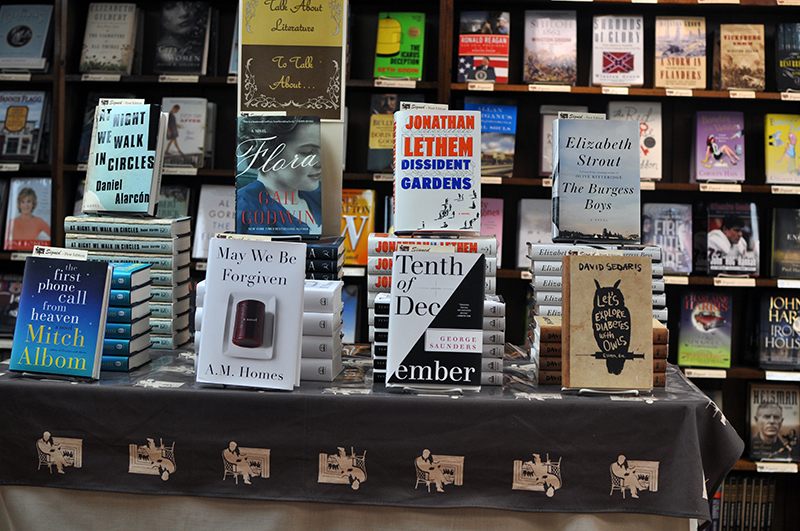 Books on display at Alabama Booksmith are alphabetical by author, but there are also tables with genres, like literature. (Photo: Mike Persons/Courtesy Booksmith)
Books on display at Alabama Booksmith are alphabetical by author, but there are also tables with genres, like literature. (Photo: Mike Persons/Courtesy Booksmith)
There are practical reasons, starting with the convenient fact that Reiss owns the land his store sits on, and so doesn’t face the threat of rising rents. It’s also helpful to have a welcoming space to hold events for visiting authors, and warehouse to store overflow and outward-bound titles.
Mostly, though, it’s still just good business. “You’ll see us going online only when you see pigs flying by that window,” says Reiss. “A goodly number of our solid, great customers discovered us by just accidentally wandering in.” No wonder; for that specialized obsessive, it’s like accidentally wandering into A Window on Eternity. That book, by E.O. Wilson, has a signed first edition available on Abebooks for $120. It’s at Alabama Booksmith for $30.


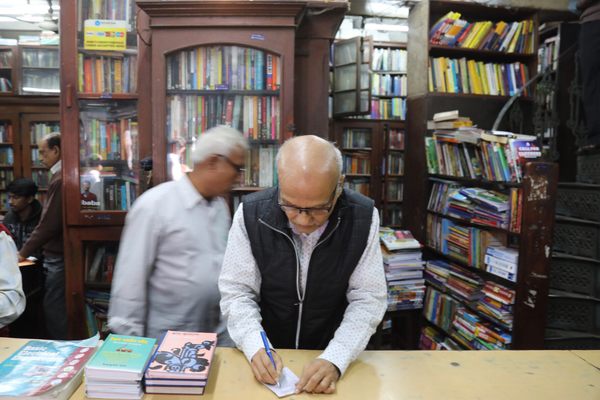


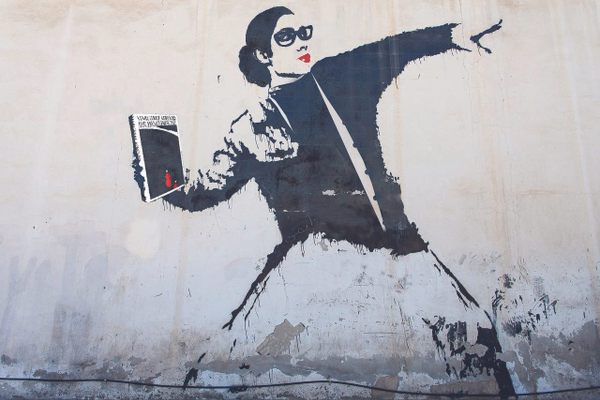
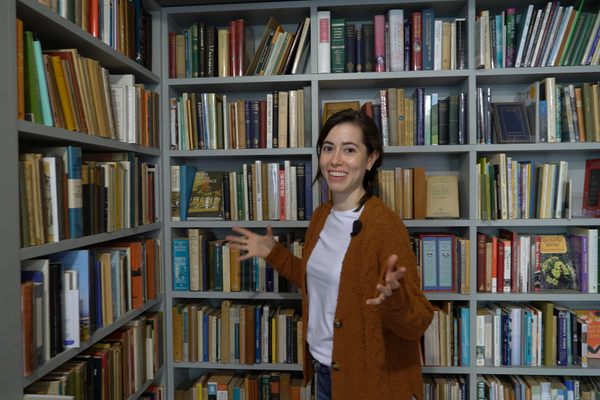





Follow us on Twitter to get the latest on the world's hidden wonders.
Like us on Facebook to get the latest on the world's hidden wonders.
Follow us on Twitter Like us on Facebook